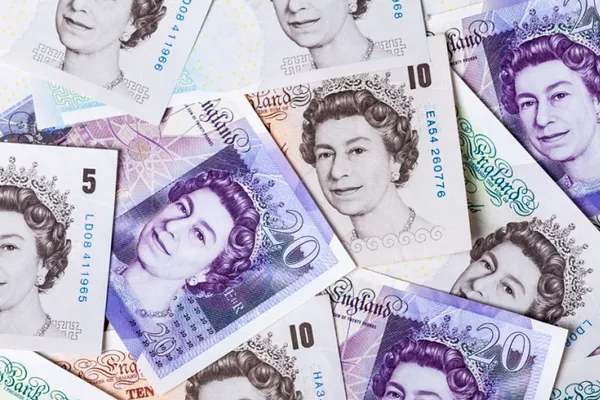A GBP/JPY cross-trading trade near the 50-day simple moving average (SMA) attracted some bears during Wednesday’s Asian session and shed some of the previous day’s gains. However, GBP/JPY was able to hold above the 183.00 mark as traders seemed reluctant to make aggressive bets, preferring to wait and see the latest UK consumer inflation data.
UK headline consumer prices are expected to accelerate to 7.1% in August from 6.8% previously, while core inflation, which strips out seasonal fluctuations in food and energy prices, will fall to 6.8% from 6.9% in July. The unexpected rise in inflation showed that wage pressures are still being transmitted to price increases and opened the door for the Bank of England (BOE) to further tighten policy. Therefore, this would be positive for GBP and boost the GBP/JPY cross.
However, with the Bank of England looking less likely to adopt more aggressive tightening policies, any significant upside for GBP/JPY appears to be limited. Indeed, Bank of England Governor Andrew Bailey told lawmakers earlier this month that the Bank was now “closer” to ending its streak of rate hikes. In addition, renewed fears of an economic recession, coupled with signs that the UK labor market is cooling, may put pressure on the Bank of England to pause its interest rate hike cycle as soon as possible. Therefore, market focus will still be on the Bank of England’s key decision on Thursday.
Market focus will then shift to Friday’s high-profile Bank of Japan (BOJ) meeting amid speculation that the BOJ is about to shift to a dovish stance. Bank of Japan Governor Ueda Kazuo said in an interview with the Yomiuri Shimbun that if the central bank is convinced that prices and wages will continue to rise, ending negative interest rates is also one of the options. This, therefore, suggests that the Bank of Japan may abandon its ultra-easy policy and help curb the rise in the GBP/JPY cross.


